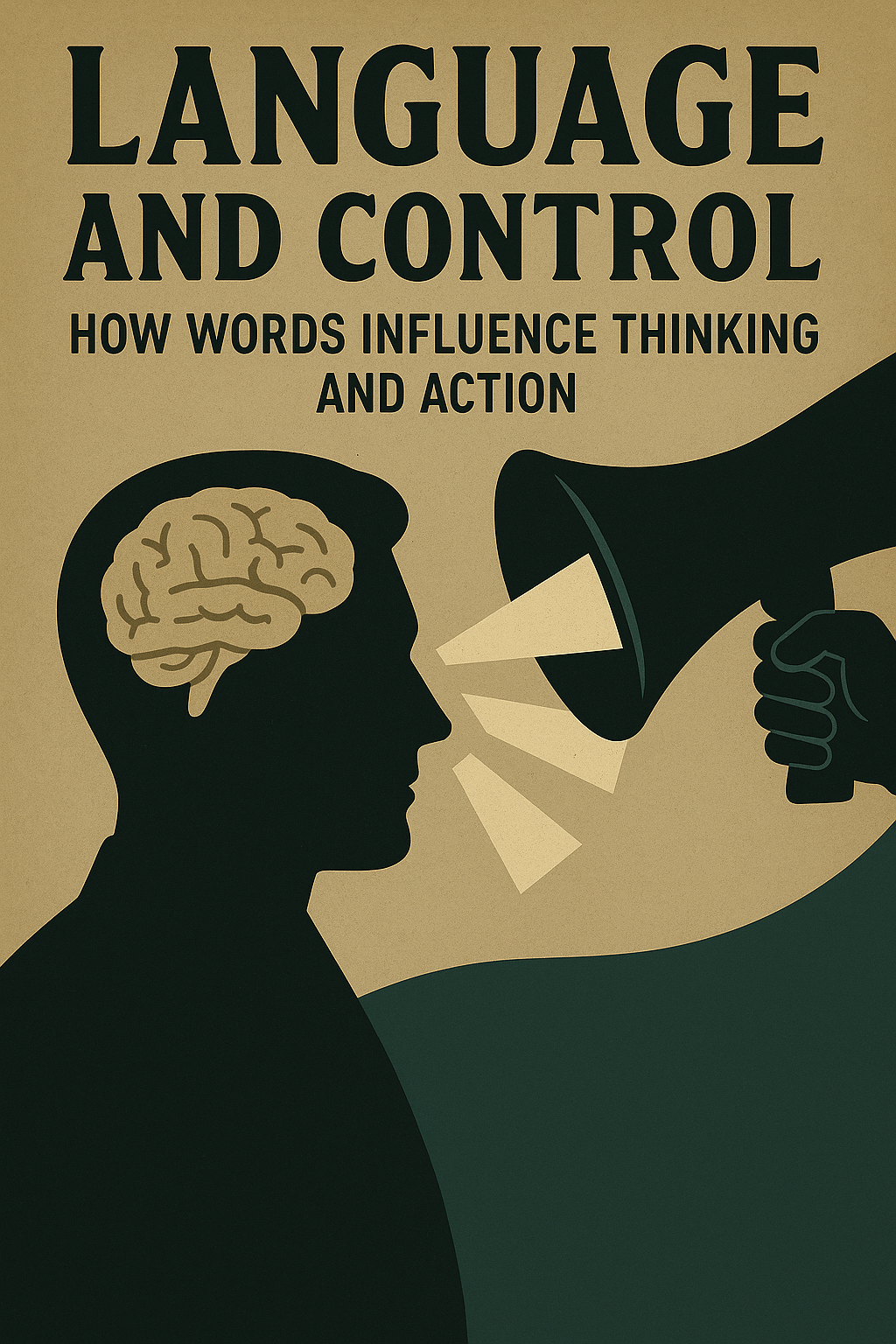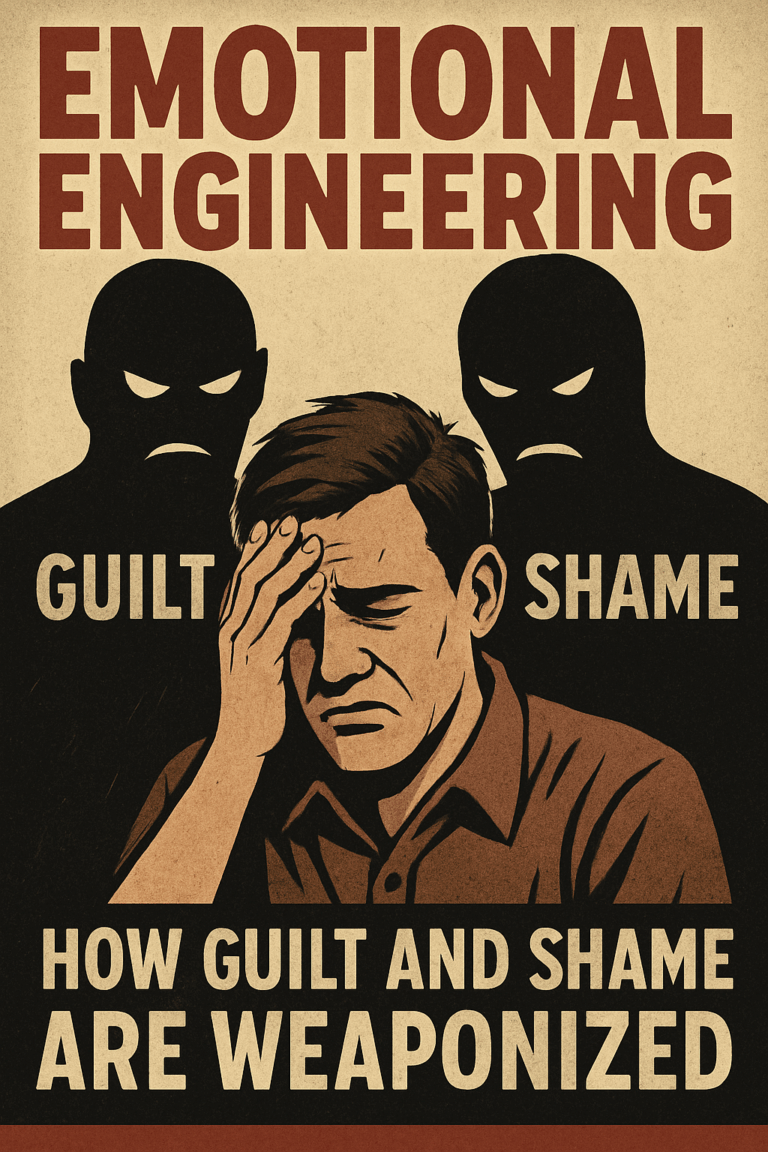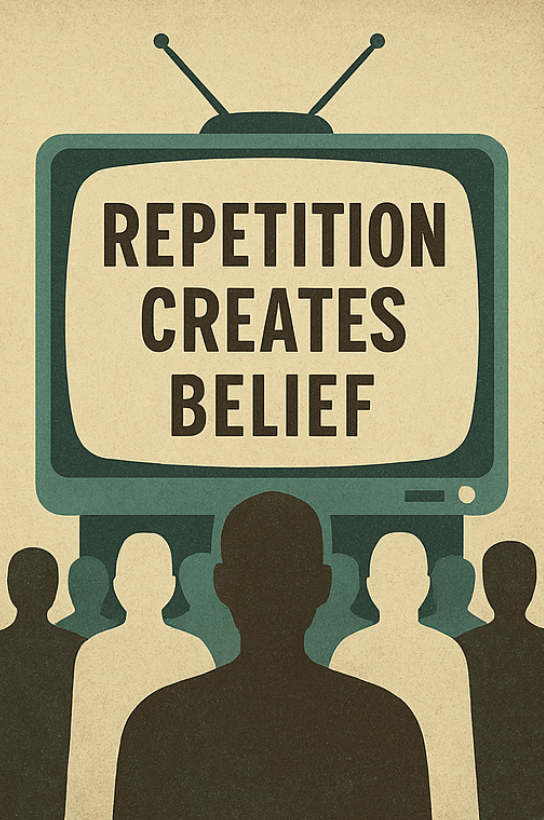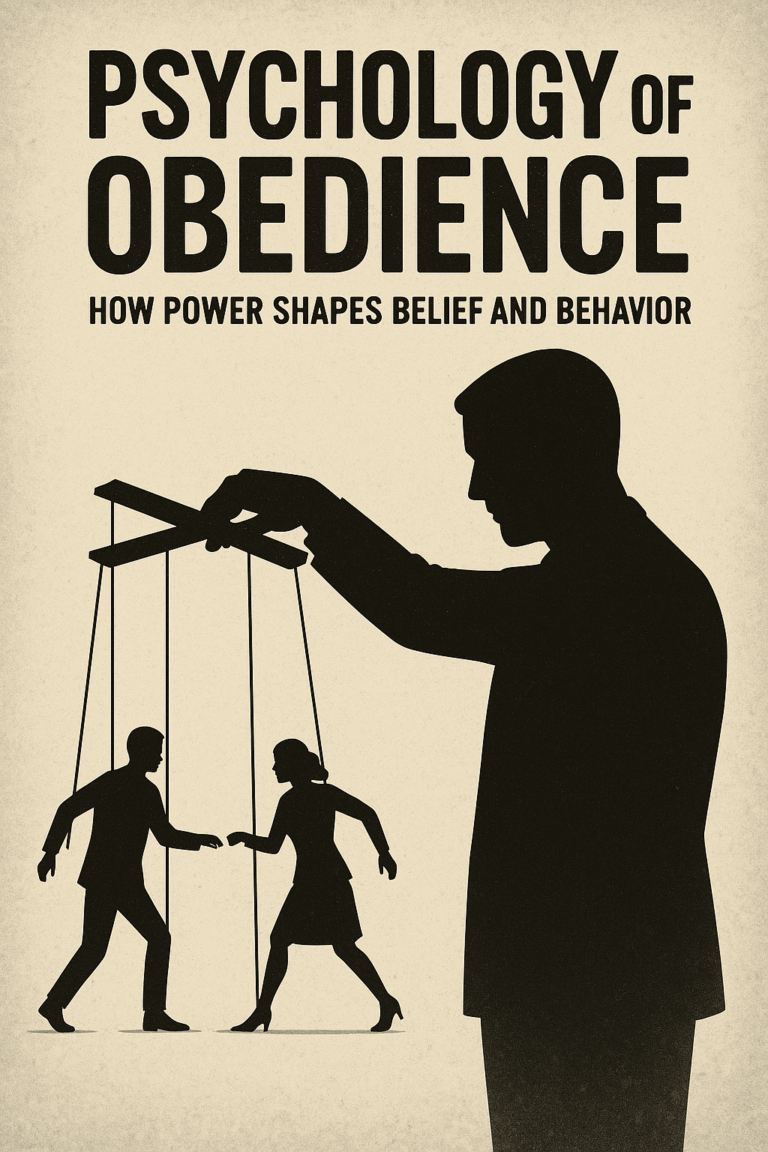Part 7 – Language and Control: How Reframing Shapes Thought and Behavior
The way we describe and interpret events can powerfully shape our thoughts, feelings, and actions. In psychology, reframing refers to changing the language or perspective around a situation so that its meaning shifts. By altering the “frame” through which we see something, we can change our emotional response and even our behavior. This concept is…








